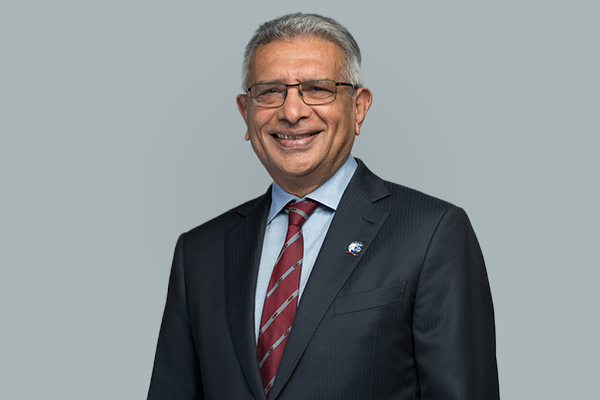Are you about to hit the road for a long drive? Whether you are heading to the Coast with the kids or through numerous highways for a cross-country jaunt, always follow these driving tips. Read on to learn more about avoiding traffic, saving money, staying safe and awake on your
next road trip. Before beginning a long drive, always get enough sleep and eat something before you go.
Highly caffeinated beverages are not necessarily the best way to stay awake while driving. While initially you will feel more alert, the effects can recede with time, and your attention may wander although you remain awake. Pull over and take breaks every couple of hours, even if you do not feel sleepy. Grab a snack, get some fresh air, and stretch your legs by walking around. If you need to, take a quick nap.
If you can, share the driving responsibilities with someone else. This will allow you to keep an eye on each other while driving and enable you to nap without losing time. If you are driving alone, turn on the radio or put on some music, and keep your window open. You may also want to refrain from using your cruise control (if fitted) if you are driving alone at night – having to concentrate on maintaining your speed can help you stay awake.
If you do have to pull over, move your vehicle off the road. Never park your car on the shoulder for any reason except an emergency. Avoid using your cell phone. If you have to make calls ensure you have a hands-free kit or pair your phone with the car’s infotainment system (if
available). Never drink any alcohol before your trip. While you may not become intoxicated from one beer, you will become sleepy. A mapping app on your Smartphone is another must- have for long road trips.

If you are driving a rental vehicle, familiarize yourself with the car and all of its equipment (horn, brakes and hazard lights). Lock all of your valuables in the boot or glove compartment. Consider becoming a member of AA Kenya or signing up for your car insurer’s roadside assistance program (if available). You will not regret it when your car breaks down on a lonely back road. Keep costs down by conserving fuel as you drive. Minimize sudden starts and stops, empty your car of all unnecessary weight, and slow down – it takes much less fuel to drive 80km/h than it does to at 140km/h. Don’t wait until your fuel gauge is sitting on E to refuel.
On an unfamiliar road, you never know when the next fuel station will emerge. As soon as you hit a quarter of a tank, start looking for a place to fill up. When travelling with kids, be sure to stop often. Do not do it just for snacks and potty breaks, but also for fun. You will also want to pack toys, books, movies (if the car has a rear screen entertainment) and music for the car not to mention your motion sickness remedy of choice.
Stock up on snacks and drinks at supermarkets rather than fuel stations or convenience stores as you’ll get a wider and healthier selection, as well as better prices. On longer trips, keep napkins, plastic ware and a small cooler handy for meals on the go. Carry a first-aid kit, flashlight, blanket and pillow for the passengers and emergencies. Keep a set of jumper cables, a spare tyre and extra fluids for the car (such as windshield wiper fluid) in your boot.
This last tip is to make sure everyone in the car fastens his or her seatbelt. Not only will it keep you safe, but reduces the risk of injuries should the inevitable happen.
Recent Posts
-
 Top 25 Corporations Walking the Talk in ESGMarch 12, 2025/33 Comments
Top 25 Corporations Walking the Talk in ESGMarch 12, 2025/33 Comments -

-
















